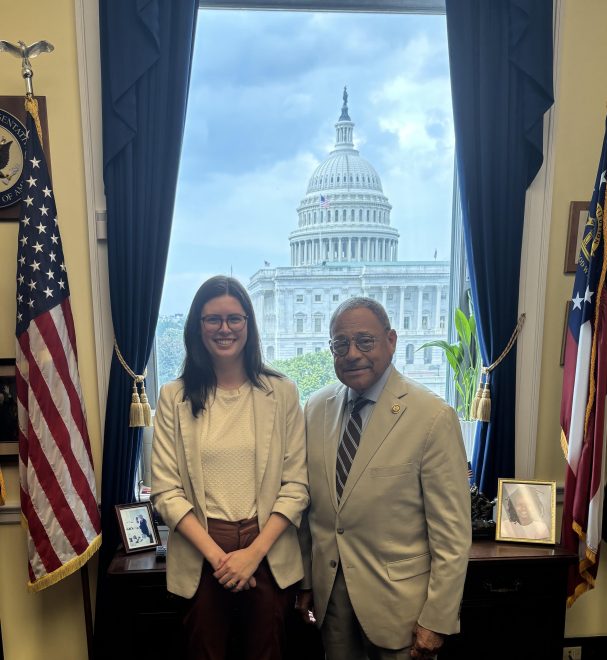Calling on co-ops to provide clean energy
Published 10:45 am Wednesday, June 23, 2021
Here in the Southeast, natural gas is a fossil fuel that provides electricity for our homes and business. We use it daily throughout our homes in winter, cooking our food with gas stoves and powering our air conditioners in the summer. It fact, natural gas accounts for 46% of our electricity in Georgia, compared to the national average of 34%. It affects the air we breathe, the water we drink and the food we eat.
As a physician, I know the environment is of vital importance in improving the health of my patients. Switching from fossil gas to clean energy sources is necessary when it comes to protecting our health. We need all of our physicians and other health care providers to inform their patients about the necessity to have clean energy. Many rural communities in Georgia get their electricity from natural gas provided by rural electric co-ops serving 4.4 million people and burning natural gas and other fossil fuels can be harmful to our health.
Trending
Rural electric co-ops in Georgia are private, non-profit companies that were designed as a unique solution to get electricity to rural communities across 73% of Georgia with the mission of better service, lower prices. Unfortunately, in Georgia only 9% of electricity comes from clean energy such as solar panels. The rest comes from natural gas and other unhealthy sources such as coal and nuclear.
The main component of natural gas is methane. Methane is the most potent and harmful all on its own as a greenhouse gas. Greenhouse gases trap heat in lower atmosphere known as ground ozone, increasing the temperatures in our environment impacting our health. Chronic exposure to methane especially from gas leaks can cause vision problems, memory loss, nausea, vomiting, increase heart rate, problems with balance, numbness, unconsciousness and death methane reduces the amount of oxygen in air we breathe.
Methane, along with other non-renewable forms of gases, such as carbon dioxide, nitrous oxide, and sulfur dioxide trap the heat and vapor in our environment increasing the temperatures causing what is referred to as climate change. The changes in our climate are causing early spring blossoms and hotter summers, causing heat-related illnesses and worsening the health of our patients with pre-existing diseases such as asthma, seasonal allergies COPD, diabetes, cardiovascular disease and obesity.
We, as physicians across the state, region and country, are increasingly talking to our patients about climate change and switching to clean energy sources. The simple fact is the changing climate, fueled by natural gas is harming our health. Switching to clean energy sources such as rooftop solar panels are necessary when it comes to protecting our health.
Through Georgia’s rural electricity co-ops there is a path for us to transition to clean energy and improve our health.
Part of the rural electric co-ops’ purpose is to empower consumer members to improve the quality of their lives. Members are part owners of the co-ops and have a voice, theoretically, in the decisions the co-op makes. It is essential that we use this voice to encourage co-ops to adopt more clean energy solutions like solar panel rooftop to provide electricity for our homes.
Trending
Advantages of clean/renewable energy sources such as rooftop solar panels:
– Health and environmental benefits by reducing air pollution making it easier to breathe.
– Greenhouses gases emissions are reduced
– Consumer savings with energy efficiency, solar and electric vehicles.
– Creating economic development and jobs in manufacturing and home improvements with efficiency and solar panels.
– Creates jobs for installation and manufacturing of solar panels.
– Use as a tax credit
As physicians, we can make a difference for our patients’ health and well being by advocating to electric co-ops, the importance of having clean/renewable Energy power in our homes!
Linda I. Walden, M.D., FAAFP is a family physician in Cair, a founding /steering committee member of the Georgia Clinicians for Climate Action and member of the Medical Society Consortium for Climate and Health.





